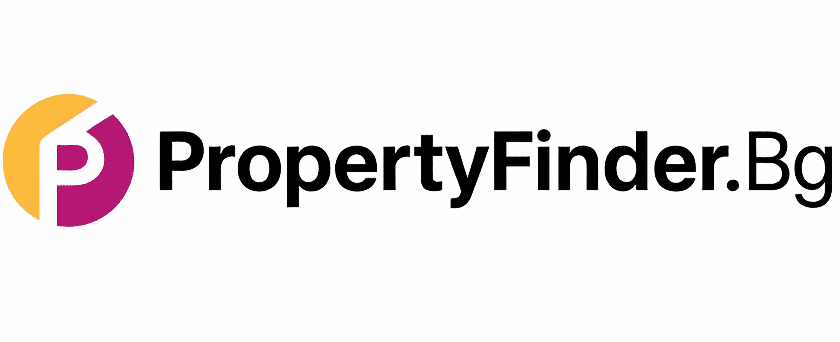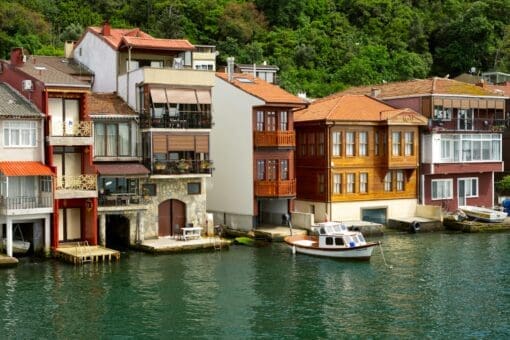Latest Articles
When people talk about buying property, most conversations revolve around capital appreciation, luxury launches, or the next “big thing.” But if you’re an investor who truly understands wealth building, you know a simple truth: Cash...
The property market in Turkey is at a fundamental crossroads. After years of very high inflation, the country’s new economic policy-marked by a cycle of sharp tightening in 2023-H1’24 and limited interest rate reductions in 2025-is beginning to...
Turkey is located in one of the world’s most active seismic zones, where earthquakes are not a matter of “if” but “when.” For this reason, the Turkish government mandates that every residential property owner must have D...
The Spain property market is experiencing very strong growth. Data from Q2 2025 show national housing price growth of +12.7% year-on-year (according to the National Statistics Institute (INE)), the strongest annual increase in more than 18 years. Pre...
Owning a property in sunny Spain or picturesque Italy is a dream for many. However, along with the joy of ownership come tax obligations that are often complex and dynamic. Two of the most discussed taxes for foreign owners are the Spanish Wealth Tax...
The Greek property market is entering a new, more mature phase. According to the Bank of Greece, nationwide apartment prices rose +6.8% y/y in Q1-2025, after +8.9% in 2024 and +13.9% in 2023; regionally, Athens +5.5% and Thessaloniki +10.0% in Q1-202...
Purchasing property abroad often involves complex administrative procedures requiring the buyer’s physical presence. In Greece, however, the law allows the entire process to be handled remotely by authorizing a local lawyer. The key instrument ...
Italy’s property market in 2025 is showing clear signs of recovery, standing at a pivotal crossroads. After years of stagnation, the Italian housing market has entered a new phase of growth, with prices marking a +4.4% year-on-year increase as ...
Purchasing a property in Italy is an exciting adventure, but the process is often fraught with legal pitfalls, especially for foreign buyers. One of the most critical stages is the signing of the preliminary contract, known in Italian as the “c...
In the world of international real estate, there is a vast, often misunderstood difference between simply buying a home and making a strategic investment. Novice investors tend to focus solely on location or price per square foot, missing the most po...
In the upper echelons of high finance, a quiet paradox exists: the wealthiest investors are rarely emotionally tethered to a single address. While the mass market strives for mortgage security and a “forever home” at any cost, sophisticat...































